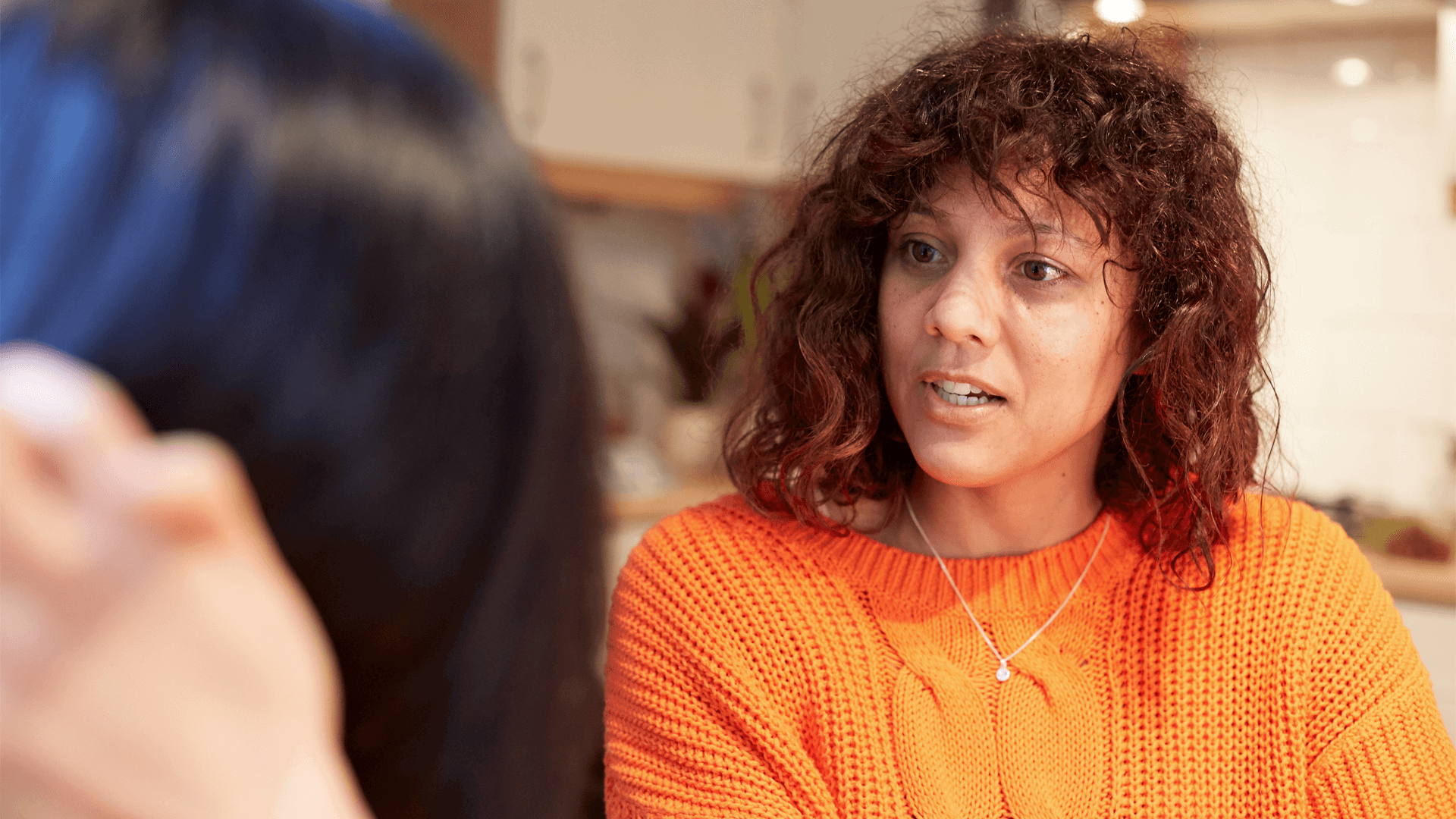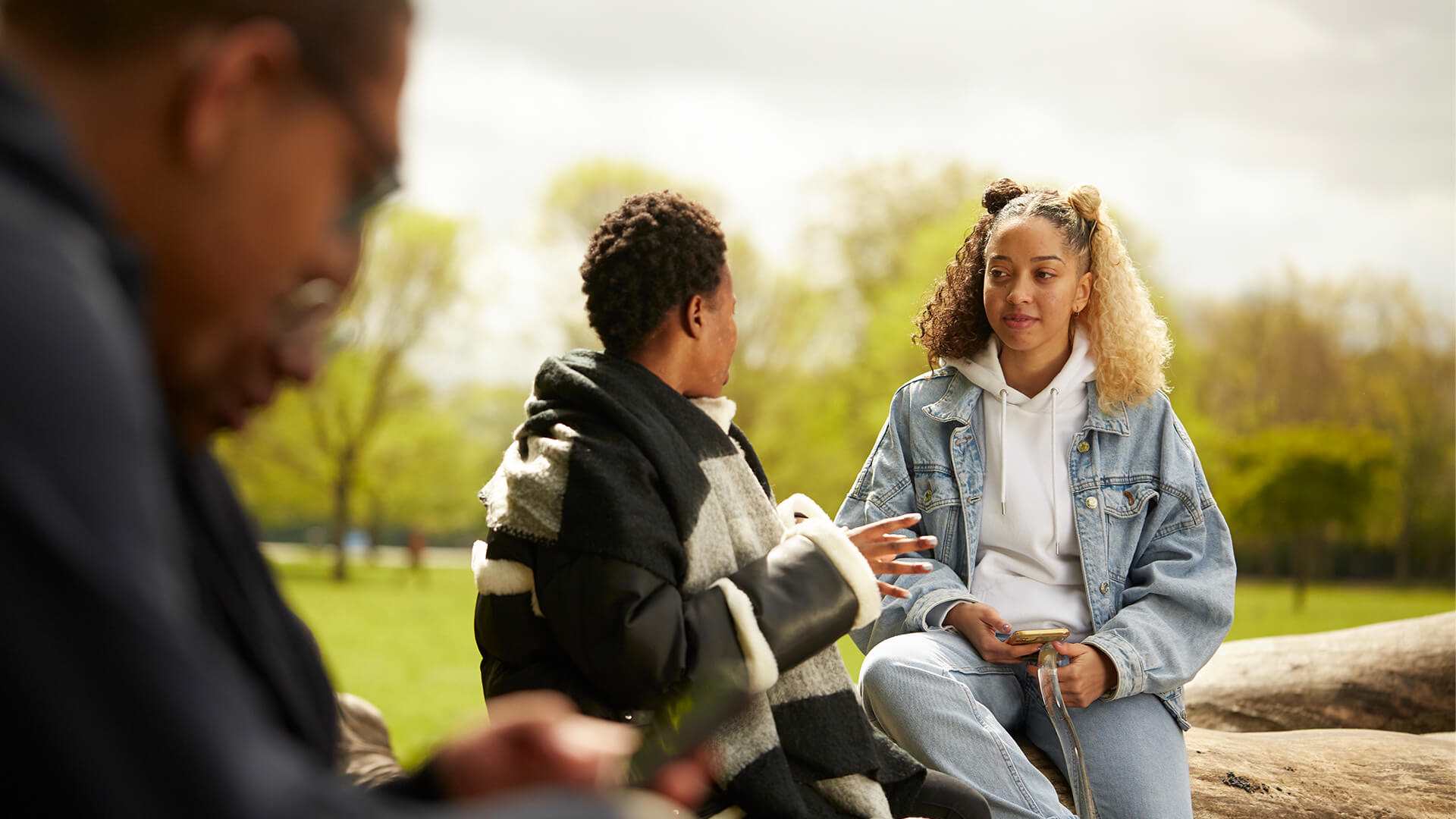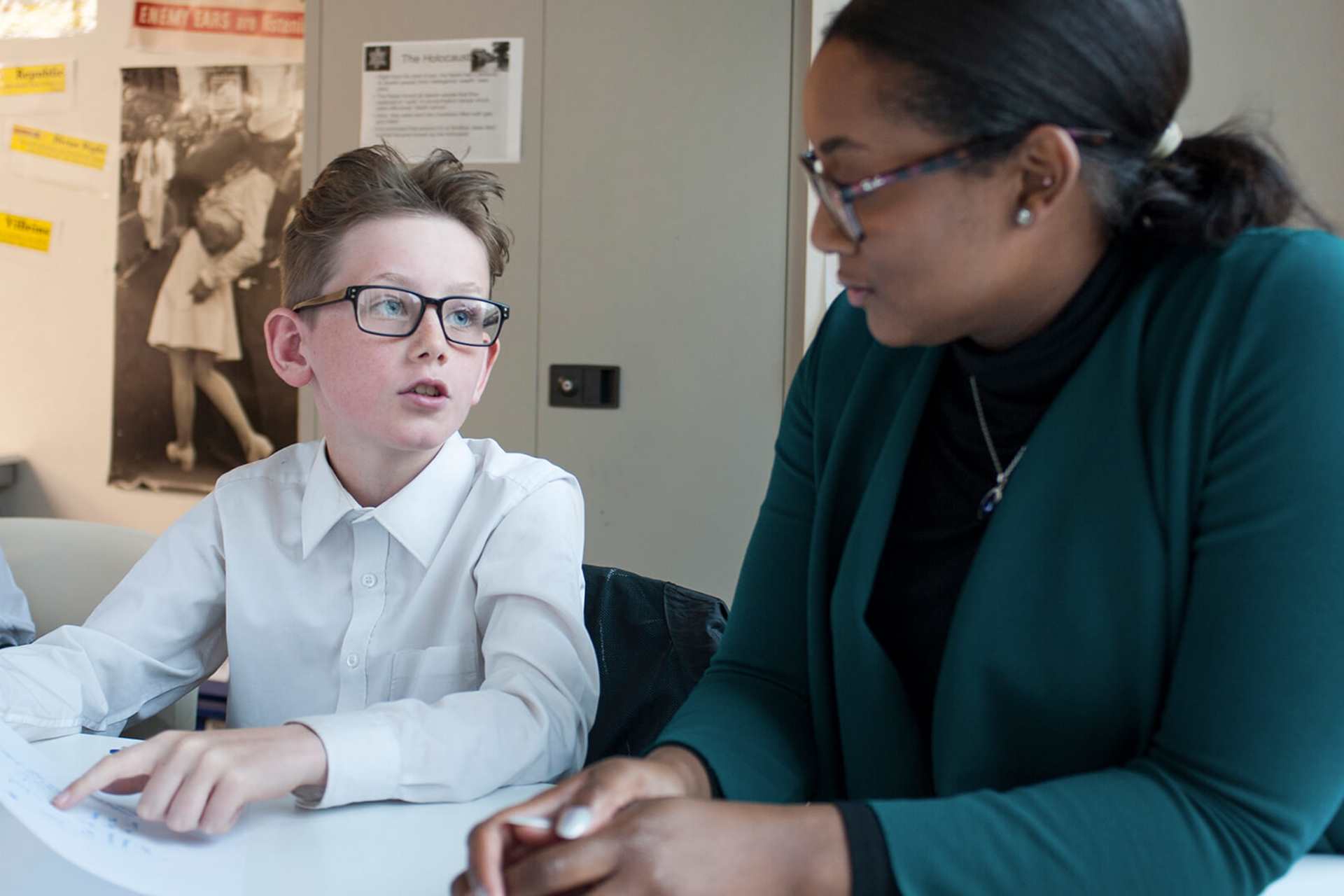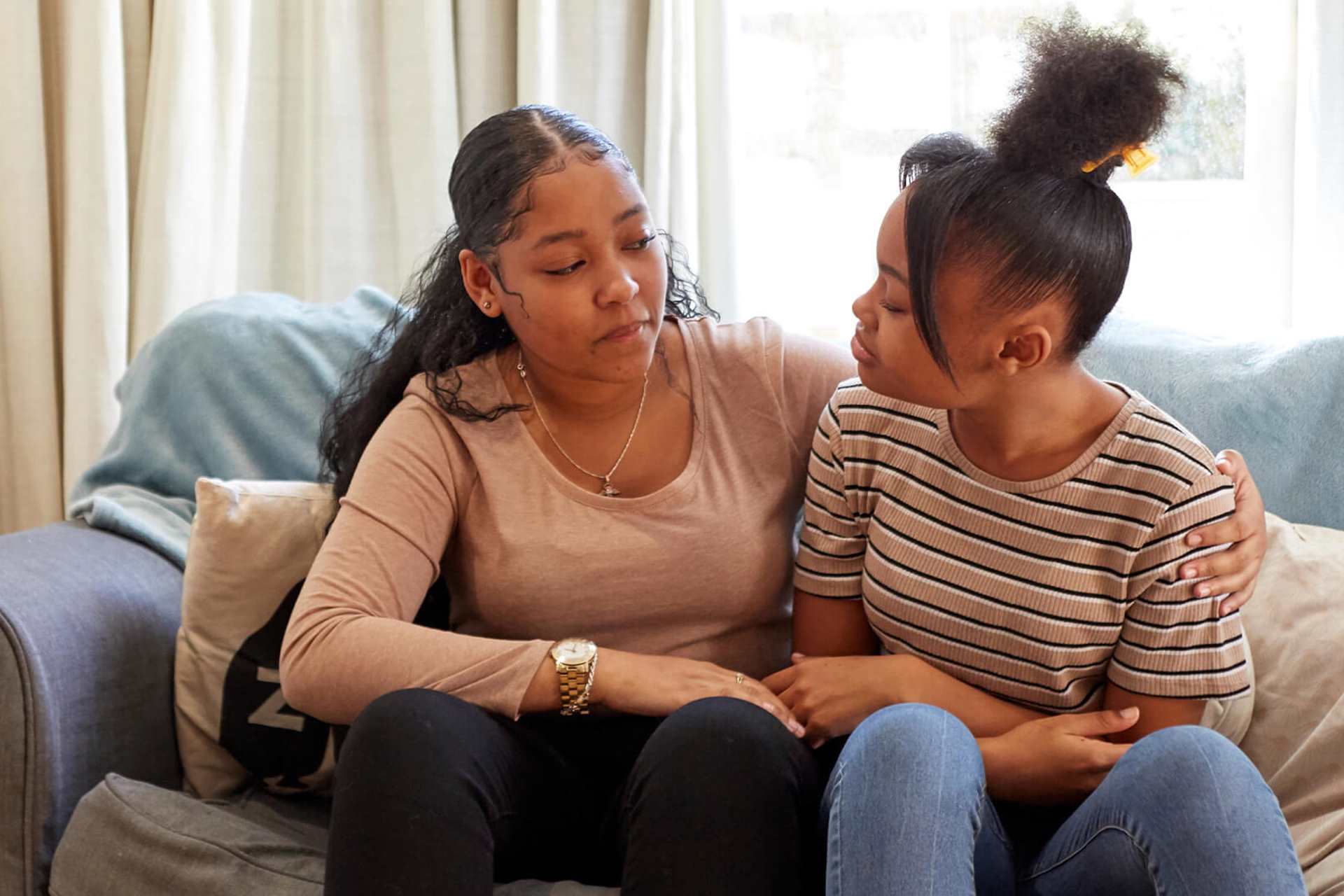Topics mentioned: talking to young people about mental health, anxiety, exam stress, self-esteem
Madiha works as a pharmacist, and in the high-pressure world of healthcare finds herself supporting the mental health of young people during their training.
This blog was written by Madiha who shared their story with us through the work of Inspirited Minds.
Inspirited Minds is a mental health charity that provides faith-based and culturally sensitive counselling and support services to those struggling with their mental health. They run an extensive repertoire of projects and resources to raise awareness and address the stigma of mental health within Muslim communities across the UK.
The current climate of the NHS has probably been the darkest it's been for a very long time. We often hear stories of what it's like for patients dealing with healthcare professionals but we never hear the other side. In all sectors for pharmacists, I can confidently say that we are faced with lengthy work hours, anxious patients and staff shortages in high-pressure environments. I remember my first trainee pharmacist who was on placement in General Practice. I had heard that she was under a lot of pressure from her superiors by my colleagues who had mentioned to me that she seemed to be struggling; others gave the impression that she was incompetent and lazy. With so many opinions flying around, I decided it would be best to make my own judgement the day she was arranged to shadow me.

When I asked how she was, she poured out her problems and worries.
Immediately I could sense that she was extremely anxious from the first ten minutes of speaking to her, simply from hearing about her eating and sleeping patterns. When I asked how she was, she poured out her problems and worries. I realised that this trainee was under a huge amount of pressure outside of work. She had issues with her health, family problems and not to mention her colleagues at the hospital. Her parents did not speak fluent English and being the eldest child she often had to go back home for doctors’ appointments, overseeing her siblings and aiding with general household duties that her mother would need her for. Originally from Algeria, she had moved to France at a young age and, due to racist backlash, her family had ended up moving to the UK. So English was not her first language either. All of these factors were preventing her from excelling to her full potential and on top of that, the critical tone from her superiors was filling her with immense anxiety.
Listening to her speak, I felt I could relate. I remembered what my own training year had been like and the struggles I had experienced in trying to manage the pressures of my home life with my desire to do well at work. When she shared with me her feelings, I felt quite sad that this was happening to another trainee. I wanted her to be able to block out the negative comments and assumptions and focus on her health and family. I found that when I was a trainee, having someone that believed in me is what kept me going, and I wanted to do the same for her. I wanted to encourage her that it is possible to qualify despite the situation not being the best. I decided to support her in the areas I knew I could immediately help with. I spent the day working on her trainee portfolio, shared what areas she needed improvements in and identified gaps for where she could acquire useful skills; this helped her see a way forward and reduce some of the anxiety around her course.

I found that when I was a trainee, having pharmacists that believed in me is what kept me going, and I wanted to do the same for her.
Alongside this, I thought it was important to try to motivate her with the intention of making her feel confident in herself and her clinical skills, as I knew she had the potential to go far. I encouraged her to ask me for any help she needed for her deadlines and I also made it clear that I will be there to provide any support and guidance she may need throughout the year.
On training you learn from lots of different people and there are changing teams and shift patterns. Consistency can be hard so I offered to remain in contact with her as a continuous support and pillar of strength for when she needs it. She continues to persevere and although she finds it overwhelming at times, my support instilled a confidence in her abilities that I don’t think she had before.
I would encourage anyone supporting a young person to put yourself in the young person's shoes and relate it back to how you felt during that time of your life. The best way you can ever help someone, is to have empathy and we are only ever truly empathetic when we try to understand what the individual is going through.
I would encourage anyone supporting a young person to put yourself in the young person's shoes and relate it back to how you felt during that time of your life.
More information, resources and advice
Spread the word






